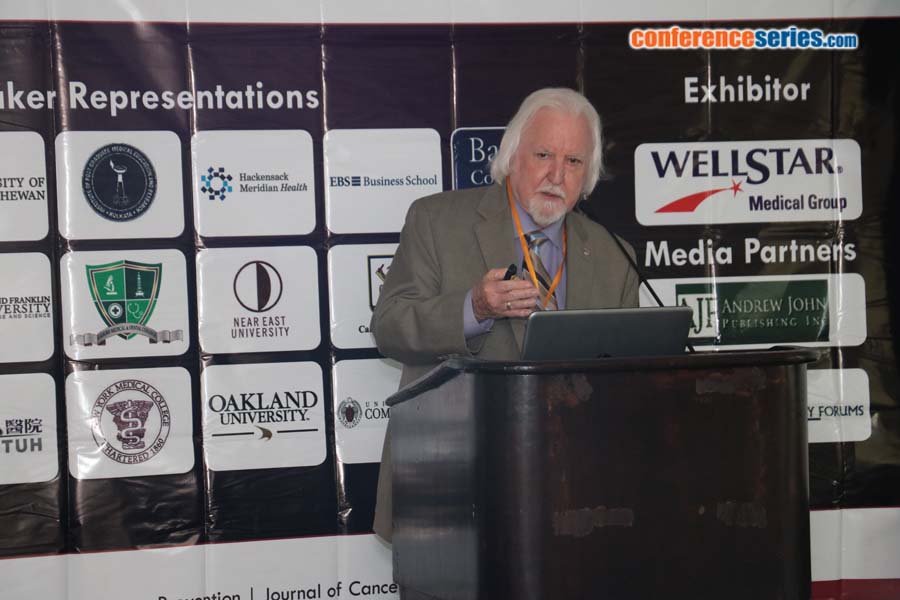
Homer S. Black
Baylor College of Medicine, Houston, USA
Title: Pro-Carcinogenic Action of Beta-carotene
Biography
Biography: Homer S. Black
Abstract
Over 600 carotenoids have thus far been identified. About 100 are found in foods consumed by humans. Beta-carotene, as a pre-cursor of vitamin A, can have a profound influence on human health. An epidemiological study in 1981 found that those persons, who consumed foods rich in carotenoids such as green leafy and yellow vegetables, were at lower risk for cancer.. Beginning in the late 70s, a series of experimental UV-carcinogenesis studies found beta-carotene to be photoprotective. The role of beta-carotene as an anti-cancer agent began to be questioned as a result of intervention studies in which the incidence of non-melanoma skin cancer was unchanged in patients receiving beta-carotene supplements (1990) and in beta-carotene supplemented smokers who suffered a significant increase in lung cancer occurrence (1996). This was followed by an experimental study (1998) in which beta-carotene supplementation was shown to exacerbate UV-carcinogenic expression. The differences in response to beta-carotene supplementation were ascribed to type of diet, either closed-formula or semi-defined. A controlled dietary study was conducted in which varying levels of vitamin C and E were fed to animals receiving control and beta-carotene supplemented semi-defined diets. Vitamin C level had no effect on repair of the presumed caroteinoid radical cation. Beta-carotene supplementation resulted in a three-fold increase in tumor multiplicity. However, when the dietary level of vitamin E was reduced, a nearly six-fold increase in tumor multiplicity, compared to control, occurred. The mechanism of beta-carotene exacerbation of UV-carcinogenesis remains speculative, but beta-carotene supplementation should not be recommended as a cancer prevention strategy for the general population
Speaker Presentations
Speaker PPTs Click Here

